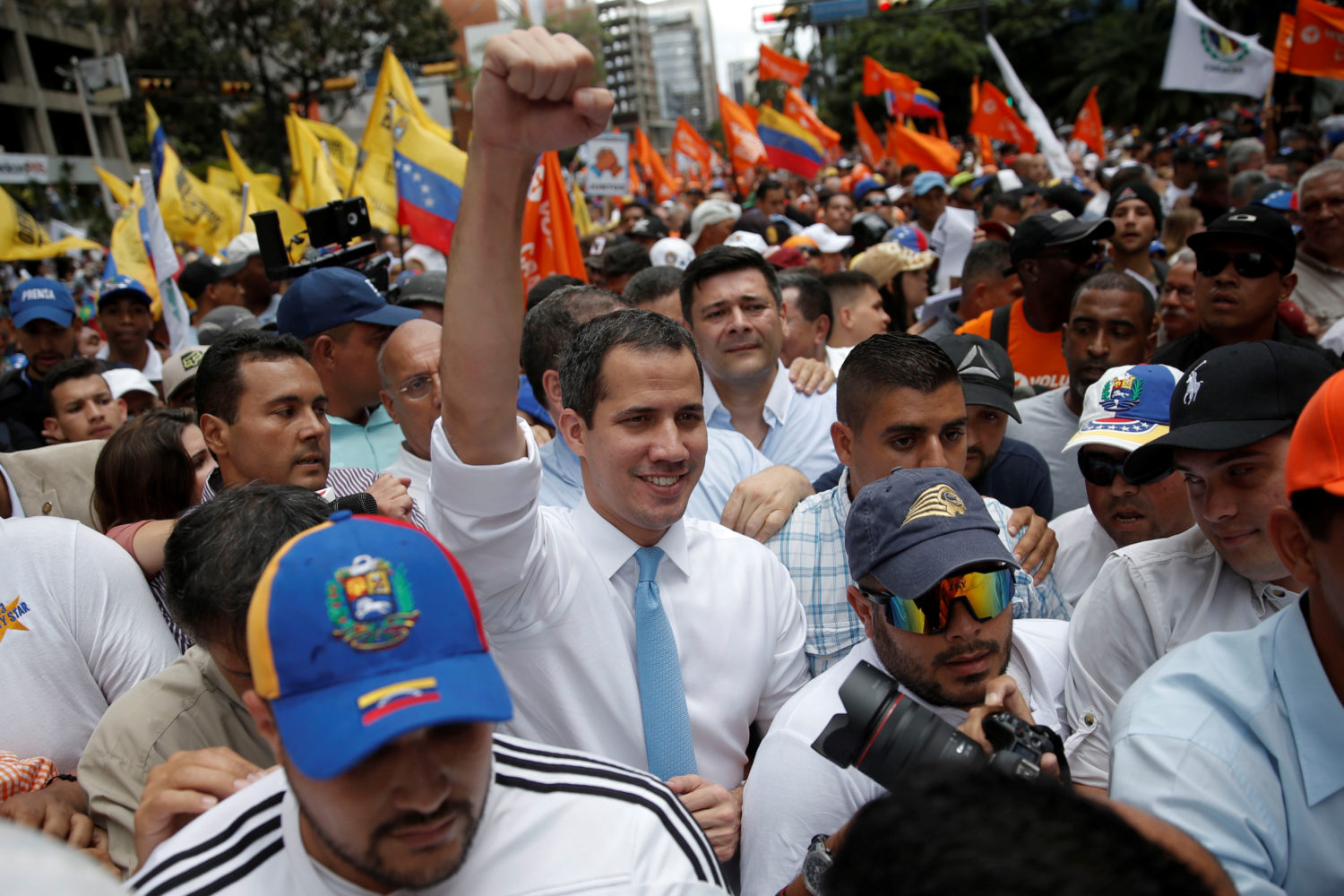
By Anastasia Teterevleva and Susan Heavey
MOSCOW/WASHINGTON (Reuters) – The Kremlin on Friday denied Russia was interfering in the 2020 U.S. presidential campaign to boost President Donald Trump’s re-election chances following reports that American intelligence officials warned Congress about the election threat last week.
U.S. intelligence officials told members of the House of Representatives Intelligence Committee in a classified briefing last week that Russia was again interfering in American politics ahead of November’s election, a person familiar with the discussion told Reuters.
Trump has since ousted the acting intelligence chief, replacing him this week with a political loyalist in an abrupt move as Democrats and former U.S. officials raised the alarm over national security concerns.
On Twitter, the Republican president accused Democrats in Congress of launching a misinformation campaign “saying that Russia prefers me to any of the Do Nothing Democrat candidates.” Trump called it a “hoax” in his Friday tweet.
U.S. officials have long warned that Russia and other countries would seek to interfere in the Nov. 3 presidential election, following Russia’s meddling in the 2016 campaign that ended with Trump’s surprise victory over Democratic rival Hillary Clinton.
U.S. intelligence agencies concluded that the Kremlin used disinformation operations, cyber attacks and other methods in its 2016 operation in an effort to boost Trump, an allegation that Russia denies. Trump, sensitive to doubts over the legitimacy of his win, has also questioned that finding and repeatedly criticized American intelligence agencies.
On Friday, the Kremlin said the latest allegations were false.
“These are more paranoid announcements which, to our regret, will multiply as we get closer to the (U.S.) election,” Kremlin spokesman Dmitry Peskov told reporters. “They have nothing to do with the truth.”
Russia’s alleged interference sparked a two-year-long U.S. investigation headed by Special Counsel Robert Mueller.
Mueller found no conclusive evidence of coordination between Russia and the Trump campaign. He also pointed at 10 instances in which Trump may have attempted to obstruct his investigation, as Democrats alleged, but left any finding of obstruction to Congress.
Trump is seeking a second term in office.
Last July, he called on Ukrainian President Volodymyr Zelenskiy to investigate one of his potential Democratic rivals, former Vice President Joe Biden, sparking his impeachment in the Democratic-controlled House.
Trump, who was later acquitted by the Republican-led U.S. Senate, has also publicly called on China to probe Biden.
Last week’s classified congressional briefing sparked a sharp response by Trump, who rebuked acting Director of National Intelligence Joseph Maguire for allowing his staff to brief the lawmakers, including Democratic House Intelligence Committee Chairman Adam Schiff, who led the impeachment inquiry, the New York Times reported, quoting five people familiar with the matter.
Trump then dismissed Maguire, announcing this week that Richard Grenell, a Trump loyalist, would be the acting intelligence chief, even as he continues serving as U.S. ambassador to Germany. His appointment drew sharp rebukes from Democrats and other critics who said Grenell lacked intelligence experience.
Trump tweeted on Friday that four candidates were being considered for the permanent post of intelligence head and that a decision would come in the next few weeks.
‘NATIONAL SECURITY THREAT’
“This is a crisis,” former CIA Director John Brennan told MSNBC in an interview on Friday, citing concerns that Trump was seeking to “squelch” critical intelligence.
Schiff, in a Thursday tweet, said if the reports are true, Trump “is again jeopardizing our efforts to stop foreign meddling. Exactly as we warned he would do.”
“Trump is not only trying to rewrite history of Russia’s intervention in 2016, he is now using the power of the presidency to conceal their 2020 scheme to re-elect him. Dangerous!” former Deputy U.S. Attorney General Sally Yates tweeted on Friday.
Democrats seeking to challenge Trump also raised concerns.
Biden, in a CNN town hall event on Thursday, said he was “not surprised” at the reported Russian meddling and that he had no confidence in Grenell.
“This is a national security threat,” Senator Elizabeth Warren told MSNBC on Thursday and criticized Senate Republicans for not acting to secure an election that is less than nine months away.
Trump’s last full-time director of national intelligence, former Republican Senator Dan Coats, resigned last year after his differences with the president over Russia’s role in the 2016 election became public.
Trump has repeatedly called the U.S. Russia probe and the impeachment inquiry a “witch hunt.”
His fellow Republicans at last week’s briefing questioned the information, according to the person familiar with the discussion, who spoke on condition of anonymity because of the matter’s sensitivity.
Republican members of the panel did not respond to a request for comment, but Republican Representative Doug Collins, in a television interview on Friday, echoed Trump’s allegations of politicization at U.S. intelligence agencies.
“Something needs to be done to clean up these agencies,” he told Fox Business Network.
(Reporting by Anastasia Teterevleva and Maria Kiselyova in Moscow; Susan Heavey, Makini Brice and Jonathan Landay in Washington; and Steve Holland in Las Vegas; Editing by Andrew Osborn, Mary Milliken and Jonathan Oatis)












